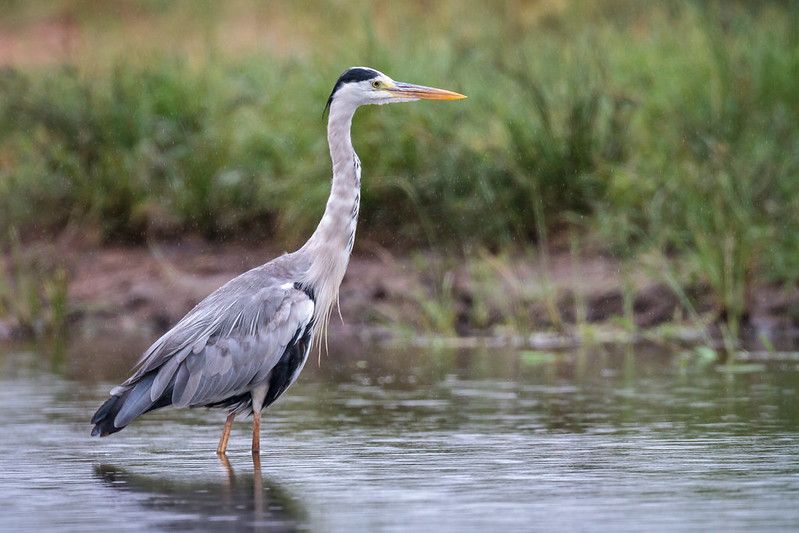The Mala Mala “capture”
Oxpeckers Investigative Environmental Journalism, in partnership with Code for Africa and Pulitzer Center, investigates corruption within the country’s biggest land claim scandal in the Kruger National Park (KNP)
Claimants who won the Mala Mala claim, South Africa’ s largest claim settlement to date, told world media in this report that they never financially benefitted from the deal.
Mala Mala is one of the most exclusive and expensive game reserves in the KNP where stars and celebrities convene at prices of R20 000 – R30 000 per night per person, according to the website. People, who lived on this land, were removed to make way for this construction.
According to the Oxpecker report, in 2013 the government and the private owners of the game reserve made a deal outside of court proceedings. The settlement was the largest in the country’s history with the government paying R1,1-billion, almost R300-million more than the asking price, to the private owners of the reserve. A total of 960 claimants who had been removed from the land to make way for the reserve were listed as beneficiaries of the deal.
The claimants opted not to resettle on the land on the western border of the KNP, but chose instead to enter into a partnership with Mala Mala’s ecotourism business and to benefit from jobs, profit sharing, and rentals.
The report states Mala Mala had since paid millions of Rand into community accounts as a result of the deal. However, it is alleged that only an “elite” group of 250 people are benefiting from these payments. Among those who had still not received any compensation include those who had since died and about 500 elderly people who are surviving on government pensions.
Angry community members secured a High Court judgment against the N’wandlamarhi community property association (CPA), the vehicle set up to manage the funds. They allege the association has been “captured” by the former treasurer, Derick Mthabine and his family, in collusion with politically connected government officials.
“They are running the CPA like their own spaza shop,” said Zamani Mathebula, a beneficiary who was kicked out of the CPA after he began questioning management.
As a result of these disputes, the Land Claims Commission called for a second beneficiary verification process in 2016, but failed. The CPA executive committee resigned, leaving only an interim committee to manage community affairs.
Mathebula and other claimants who had been evicted from the CPA had written to all officials at every level in the Department of Rural Development and Land Reform (DRDLR) and to President Cyril Ramaphosa. A land affairs portfolio committee was sent to investigate and presented feedback to Parliament in 2018 and then before two deputy ministers in February last year.
Last year this disgruntled group also took the CPA and the DRDLR to court. In May 2019, Pretoria High Court Judge NV Khumalo ruled that the CPA must be subjected to forensic investigation and ordered all financials of the MalaMala deal to be made public. The judge also called for the beneficiary list to be properly verified and the interim committee to be replaced via an elective annual general meeting within 60 days of the judgment.
Six months later, nothing had been done. The department’s deputy communications director in Mpumalanga, Zithini Dlamini and acting director-general Rendani Sadiki did respond to questions regarding what they had done to support the judge’s orders.
The CPA’s lawyer, Louise du Plessis, was appointed by the original claimants to represent all of the original 960 beneficiaries. Du Plessis said the beneficiaries who are not receiving dividends should be compensated from land claims on the rest of the Sabi Sands farms under which the Mala Mala resort falls.
“We think it was a mistake to settle all claims using the Mala Mala claim,” she said. “There are claims on other farms. Yet we [the group of 250 beneficiaries who receive benefits] must now accept other people foisted on us by the Land Claims Commissioner.”
